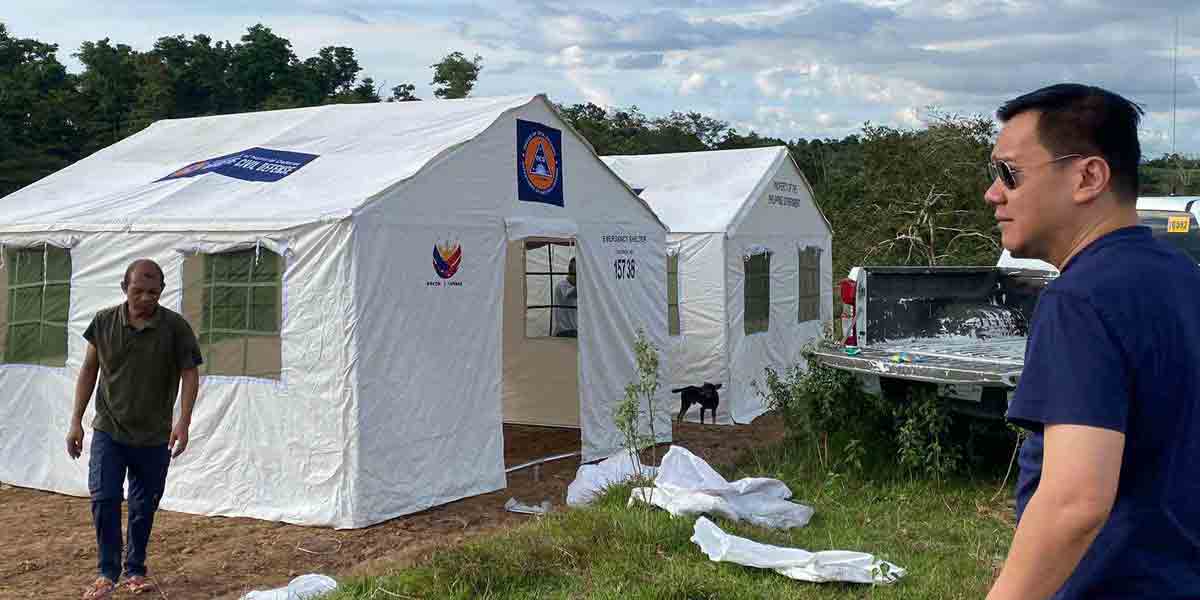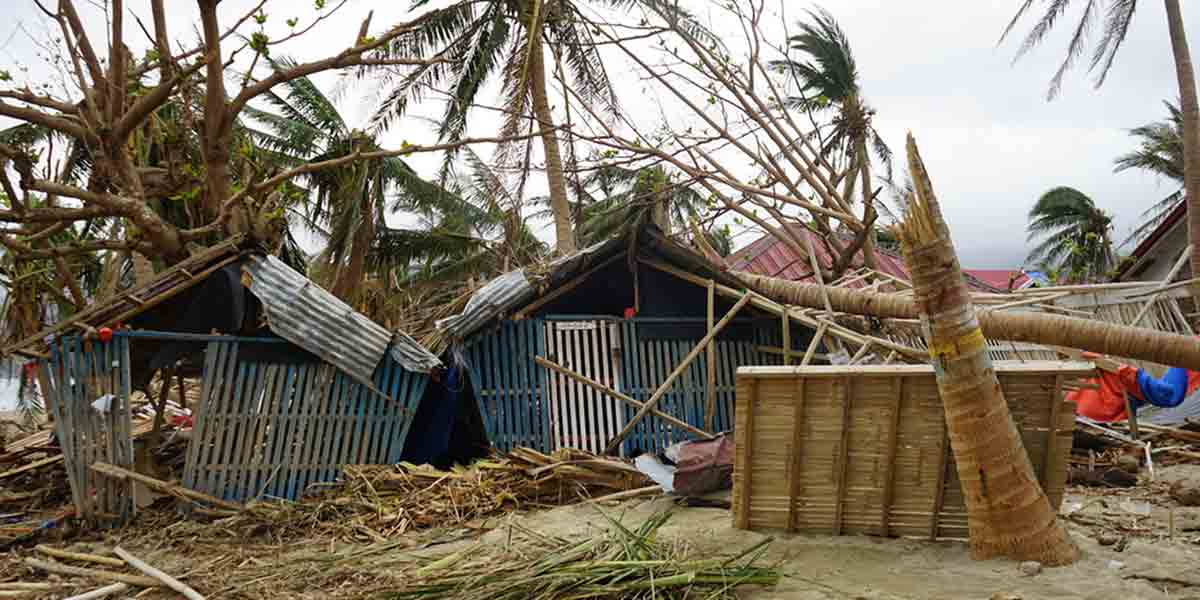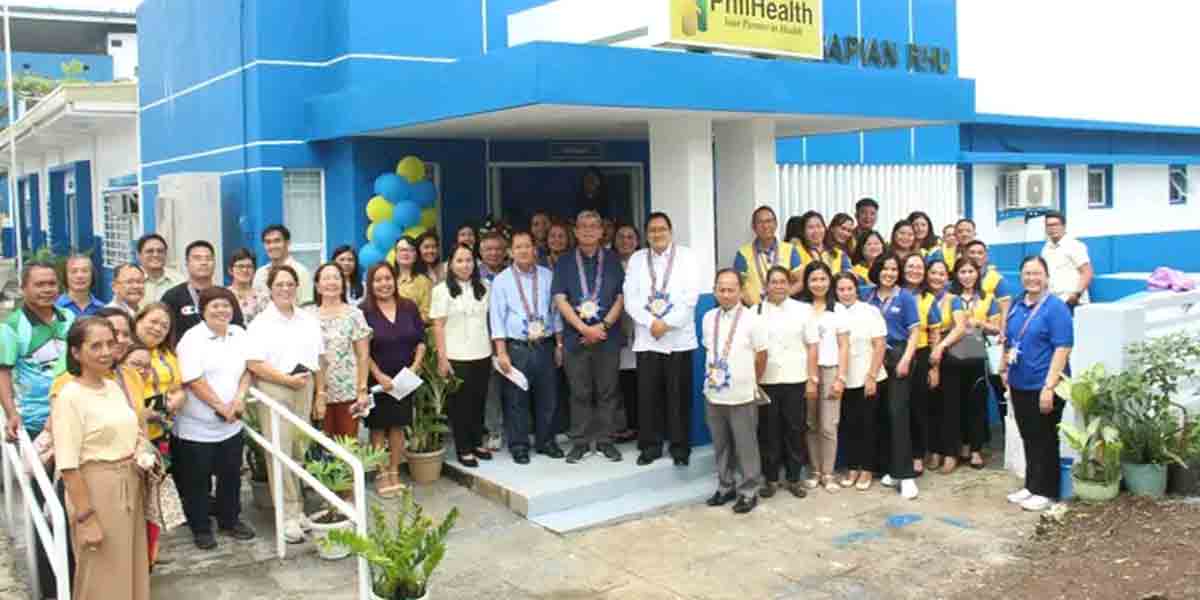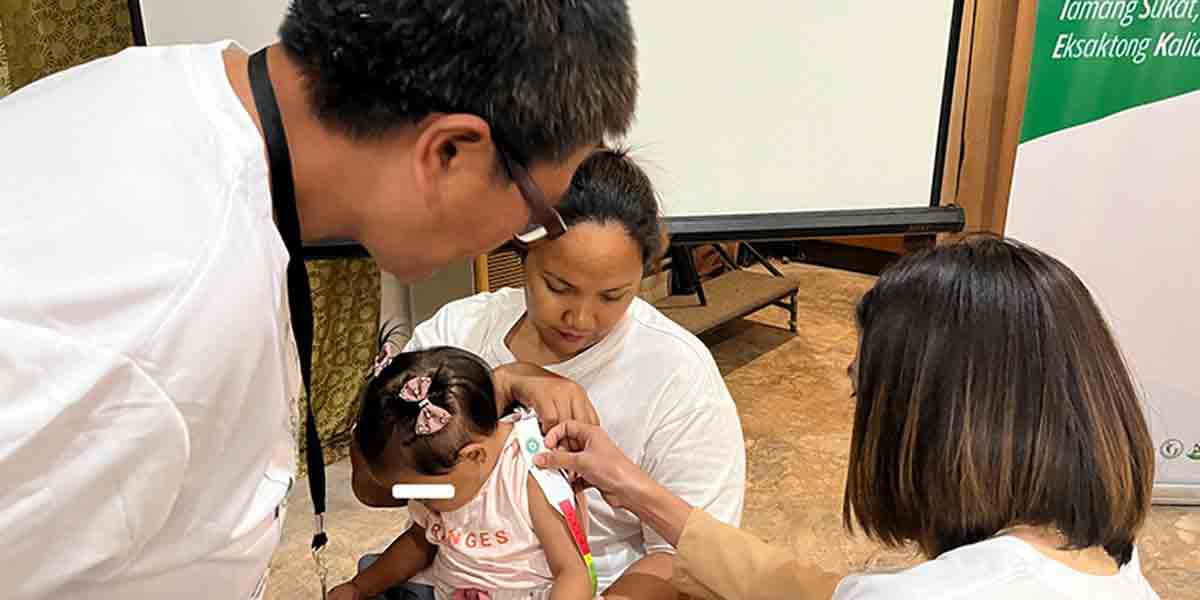State-owned Development Bank of the Philippines (DBP) has secured the accreditation of a United Nations-backed institution that provides financing support for environment and climate-related programs and advocacies in line with the Paris Agreement and Kyoto Protocol, a top official said.
DBP President and Chief Executive Officer Emmanuel G. Herbosa said DBP is only the second Philippine institution, and one of 10 foreign institutions, approved recently as Accredited Entities (AE) of the Green Climate Fund (GCF), an international fund created by the United Nations Framework Convention on Climate Change (UNFCCC) to support climate mitigation and adaptation initiatives in developing countries.
“We are honored to be in the select roster of international and national commercial banks; multilateral, regional and national development finance institutions; and civil society organizations, among others, that are working together for the implementation of climate change mitigation and adaptation projects on a global scale,” Herbosa said.
DBP is the sixth largest bank in the country in terms of assets and provides credit support to four strategic sectors of the economy – infrastructure and logistics; micro, small and medium enterprises; the environment; and social services and community development.
The GCF was created in 2010 by the UNFCCC, along with 194 governments, to provide financing and technical support to developing countries to shift to low-emission and climate resilient development while helping vulnerable societies adapt to the inevitable impacts of climate change.
Under the mechanism, the GCF may be tapped by AEs and delivery partners, which work directly with developing countries for project design and implementation. GCF provides financial support through a combination of grants, concessional debt, guarantees or equity instruments to leverage blended finance and crowd-in private investment for climate action in developing countries.
Herbosa said that DBP is one of only 113 accredited AEs globally, 57 of which are national agencies, which would allow the bank to channel support of up to US$250-million per project or program.
He said DBP is in talks with potential development partners who can work with the bank in formulating and implementing responsive projects centered on green energy, energy efficiency, waste management, and disaster resilience projects, among others.
“We envision GCF as an additional source of highly-concessional loans or even grants to expand the reach and to scale up DBP’s environmental and climate-related programs and advocacies,” Herbosa said. “This includes complementing the programs of other government and non-government agencies in line with the “Build Back Better” strategy and “whole-of-government” approach.



















